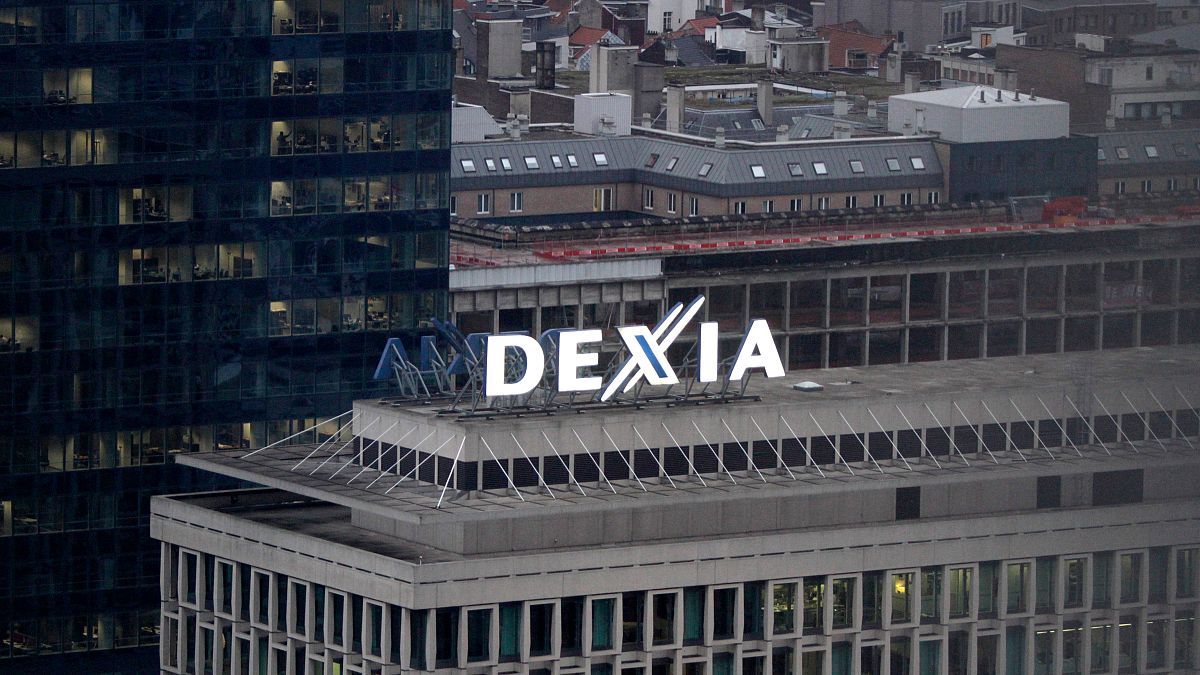Judges retarget bank-rescue fund, ruling 2022 subscription unlawful
The EU’s €78bn Single Resolution Fund is meant to avoid a repeat of 2008-style taxpayer banking bailouts, but faced a string of legal problems. Banks’ payments to a controversial €78bn crisis fund in 2022 were unlawful, EU judges said today (10 April) – the latest in a series of woes for post-crisis measures designed to […]


The EU’s €78bn Single Resolution Fund is meant to avoid a repeat of 2008-style taxpayer banking bailouts, but faced a string of legal problems.
Banks’ payments to a controversial €78bn crisis fund in 2022 were unlawful, EU judges said today (10 April) – the latest in a series of woes for post-crisis measures designed to halt taxpayer bailouts of failing financial institutions.
The EU’s General Court ruled in favour of French bank Dexia, saying EU agency the Single Resolution Board (SRB) had got its maths wrong when demanding annual subscriptions to the fund it manages.
The SRB “exceeded an annual upper limit imposed by the applicable rules,” a statement from the court said.
Annual contributions are supposed to be one eighth of the total size of the fund, which is capped at around 1% of total deposits – so around €10bn per year rather than the €14bn SRB demanded for the overall eurozone banking sector, judges found.
Judges let current rules remain in place for six months to let the SRB make alternative arrangements without endangering EU financial stability – given that the fund needs sufficient firepower to avoid a panic should a large bank fail.
Dexia was bailed out by the French, Belgian and Luxembourg governments in 2011, and has since then been winding down activities, ceding its banking license on 1 January 2024.
Though today’s ruling just applies to Dexia, other banks such as Norddeutsche Landesbank, BNP Paribas and Nordea have also brought appeals against their 2022 bills, and it seems likely that judges will apply similar reasoning.
The multiple taxpayer banking bailouts made in the wake of the 2008 financial crisis proved politically toxic – but the EU’s alternative solution of a privately-financed crisis fund has also faced considerable legal hurdles.
In 2020, the EU Court nixed 2017 contributions, saying the SRB hadn’t adequately shown its working when sending out demands for payment.
A plan to supplement the Single Resolution Fund with extra resources ultimately backed by governments has also failed to materialise, as Italy failed to ratify the relevant treaty.
But in February, SRB chief Dominique Laboureix said annual demands for payment to the fund will now cease as it’s reached its target level.
Spokespeople for the SRB and Dexia did not immediately respond to a request for comment.














